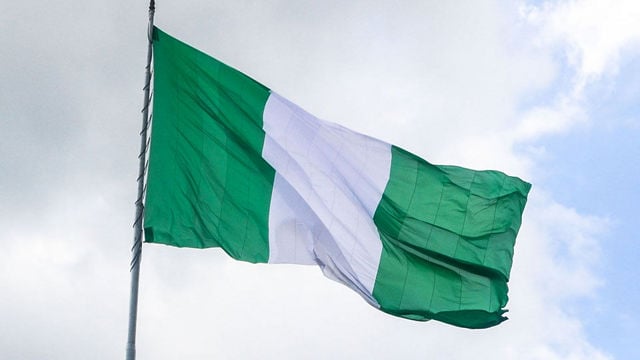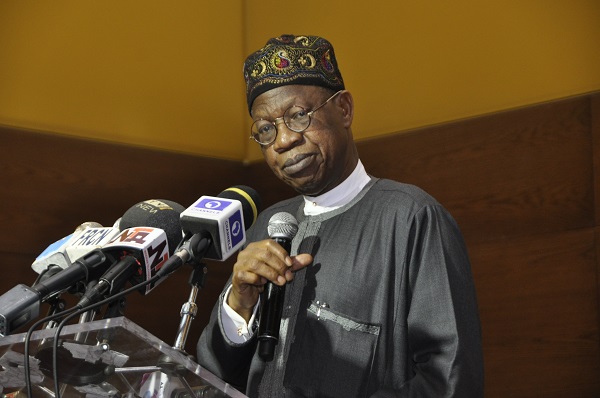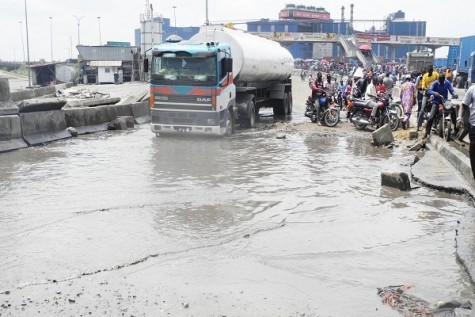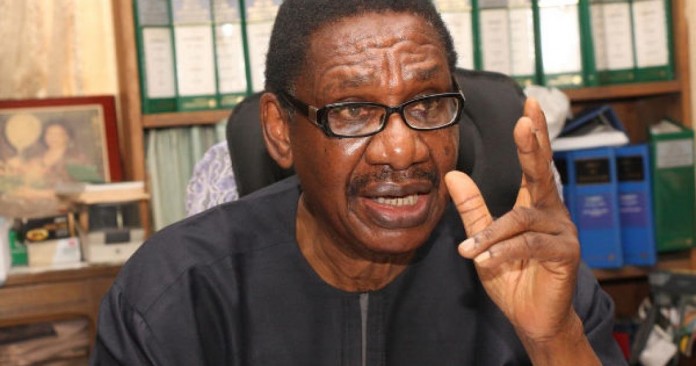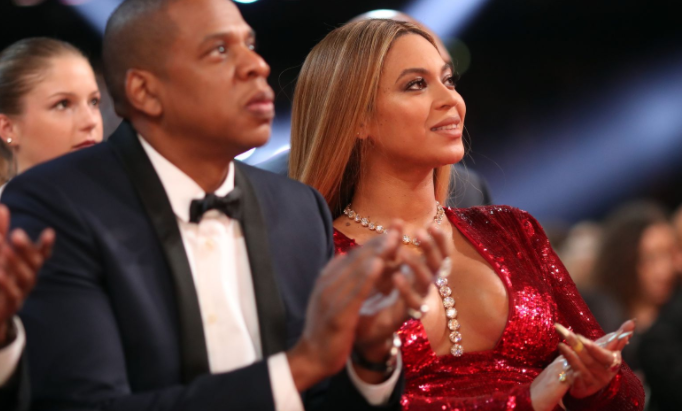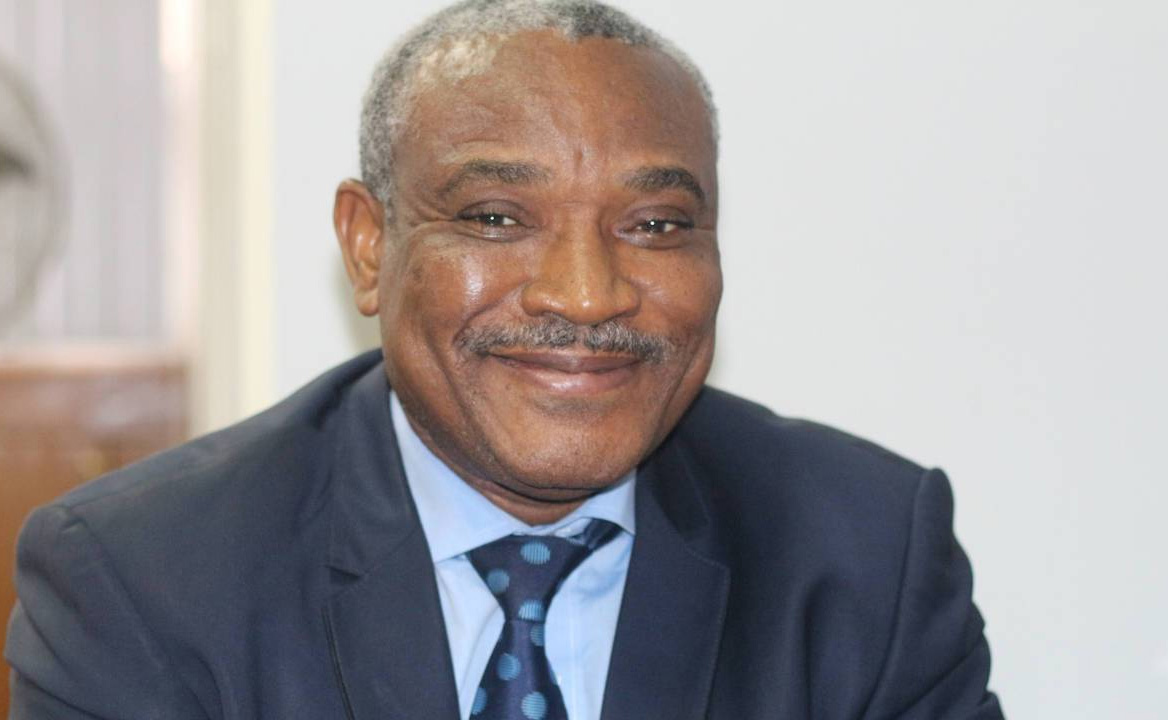How does any honest person contemplate that Nigeria has any chance of moving forward and becoming great under the current circumstance?
True, Nigerians are people of extraordinary faith, even I am, but there is absolutely no faith that rewards lethargy and deliberate unwillingness to work at progress.
People and nations benefit from a moment of grace but even that goes to those who would have taken a first step. When that is insufficient, you may now receive supernatural aid to accomplish.
Growth therefore comes to the people who work at it and as history has taught us, a people without cohesion and unity are going nowhere to happen. In fact, the only way God was ever able to disrupt the ability of men to attain their desired goal was by planting discord amongst them. Hence, the Tower of Babel remains the most effective symbol of the irreversible limitation inherent in a people’s failure to unite.
Advertisement
It is the same way in which I cannot fathom where those who say Nigeria cannot break get their confidence from. It makes very little sense to say that the unity of any entity is not negotiable. Even history lends credence to the fact that without the fulfilment of certain fundamentals, everything, animate or inanimate, would ultimately arrive at disintegration. It is a natural occurrence, which if not allowed to occur peacefully, will be forced. “Those who make peaceful revolution impossible will make violent revolution inevitable,” a former American President, J.F. Kennedy, noted averred decades ago.
Of course, Nigeria is a country with great potential and I’ll rather that it remains the way it is. But we deceive ourselves to imagine that this country will remain much longer without every component of it feeling an active sense of justice.
This reminds us of another worrisome malaise common to Nigerians- collective amnesia. You will recall that before the 2015 general elections, we spoke so much about a position paper presented by some American scholars. But in consonance with our tentative attitude to issues, Nigerians have, after the success of the 2015 elections, forgotten the much advertised United States advisory on fears that Nigeria might become a failed state.
Advertisement
This 2012 report by a number of American experts on sub-Saharan Africa, working under the auspices of America’s National Intelligence Council suggested that Africa faced a number of threats- the most important of which “would be the outright collapse of Nigeria. While currently, Nigeria’s leaders are locked in a bad marriage that all dislike but dare not leave, there are possibilities that could disrupt the precarious equilibrium in Abuja… Indeed, an overwhelming majority of terrorism in Africa will be caused by indigenous groups waging war against their own or neighbouring governments or against other population groups, defined by religion or ethnicity.”
Like they were oblivious of this scenario painting, Nigerian leaders have in the wake of the success of the last elections retreated into their ethnic and religious cocoons, promoting primordial interests and only mouthing national concerns. And now, only those living in denial will not acknowledge how close we are to the predictions of these American scholars.
Unfortunately, most of us are even too deluded to realise that this is a leadership problem. Following the recent “quit notice” handed down to people of the South-East resident in the North by a coalition of Northern youths, there have been massive criticisms of the youths.
Before then, Nigerians, even a lot of Igbo people, joined the government of the day to condemn Nnamdi Kanu, leader of the Indigenous People of Biafra, and other mongers of ethnic interests across the country. But these denunciations are, in my opinion, misplaced. Nothing accounts for the current state of affairs in Nigeria as the failure of leadership.
Advertisement
What exactly is the essence of leadership but the assurance of the social and physical security of its people? Nigerians, including those elected into office, reduce governance to a machine put together for infrastructural development, but how does a country enjoy the benefits of infrastructural development without peace? Even if we had the wealth of Solomon and peace eludes us, we would still be as poor as a rat which makes the worship place its choice of residence.
Those who also understand leadership will agree that ensuring peaceful co-existence and the security of lives and property in a country goes beyond equipping and deploying troops to blackspots. When a government’s default response to protest, which is the inalienable right of citizens, is to repress, you build more resistance and increase the chance that this open protests become more incendiaryand detrimental to the future of the country.
This is exactly what happened when Kanu was arrested, charged to court and denied bail for almost two years before reason eventually prevailed. But by then, the mad man had already danced naked into the market square, the state had lost the narrative.
Within months of his incarceration, Kanu had attained a hero’s status, a symbol of the state’s desire to supress dissent. By the time he was let go, the man who would fly into Nigeria without event previously, received governors in prison! By the misapplication of its remedial instrument therefore, the state, rather than Kanu, lit the fire of dissention, evident in the success of the sit-at-home order called by self-determination groups in the South-East recently.
Advertisement
Like a father, eager to bequeath an inheritance of peace and prosperity on his children, the government of a country like Nigeria should, rather than alienate any segment of the country, build a coalition of support towards consensus-building in the society.
Unlike what the arrogant and misguided groups issuing decrees of ultimatums to other Nigerians would want us to believe, every section of this nation is critical to its sustainable development.
Advertisement
It is in the same breath that I do not believe that anyone is really interested in seceding from Nigeria. What every part of the country craves for is a sense of justice and equity, a level-playing field in which no citizen feels superior to the other. That is legitimate and it is government’s duty to actualise such hopes. When government fails in this essential duty, it invites a rebellion that may be all-consuming.
This is one wisdom that the late Dim Chukwuemeka Odumegwu-Ojukwu lent our leaders when he advised of the need to shred our “fear of unity.”
Advertisement
In his book, Because I am Involved, Odumegwu-Ojukwu counselled that the failure of Nigerians to modify their interests and forgo their primordial sentiments were at the roots of their inability to work together as a nation and that only a unity of purpose would make the country attain its destiny.
The late Chief Obafemi Awolowo also once advised on what would engender progress for Nigeria. Addressing a press conference at his Ikenne, Ogun State home on August 4, 1966, Awolowo said: “…my own study and analysis have led me to the enunciation of certain laws or principles which must be observed in drawing a constitution of any given country.
Advertisement
I express the laws in the following terms: ‘… if a country is unilingual or bilingual or multilingual and also consists of communities which over a period of years have developed divergent nationalities, the constitution must be federal and the constituent states must be organised on the dual basis of language and nationality… Any experiment with unitary constitution in a bilingual or multilingual or multinational country must fail, in the long run.”
He would go to say that: “In concrete terms, it is my firm belief that until we provide 1) employment, 2) free education from primary to university level and 3) health services for all our citizens, the problem of unity will continue to plague us.”
I submit that the failure of successive leaders to promote unity and give every Nigerian a sense of citizenship is why we have frittered even the feeble strand of cohesion we have had.
Now, we stand on very slippery grounds and only responsible leadership can reverse the slide into doom. This is not a time to threaten to wield the power of the state against any group; it is the time to don the paternity cap of government and treat every part of the country as a child in need of fatherly attention. It is a time to father the country into survival.
Follow me on Twitter: @niranadedokun
Add a comment

